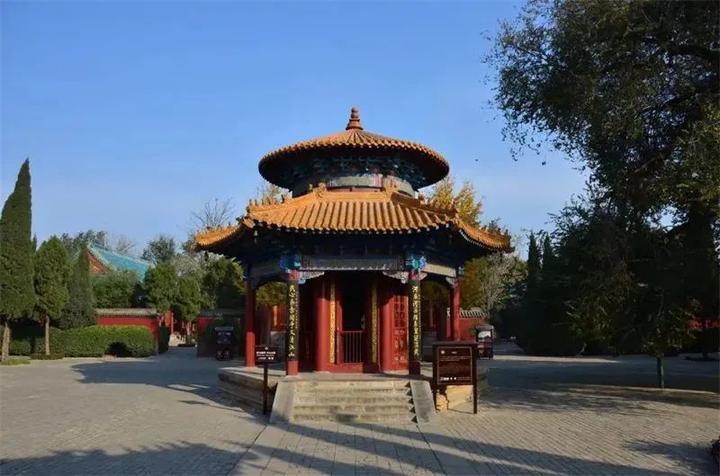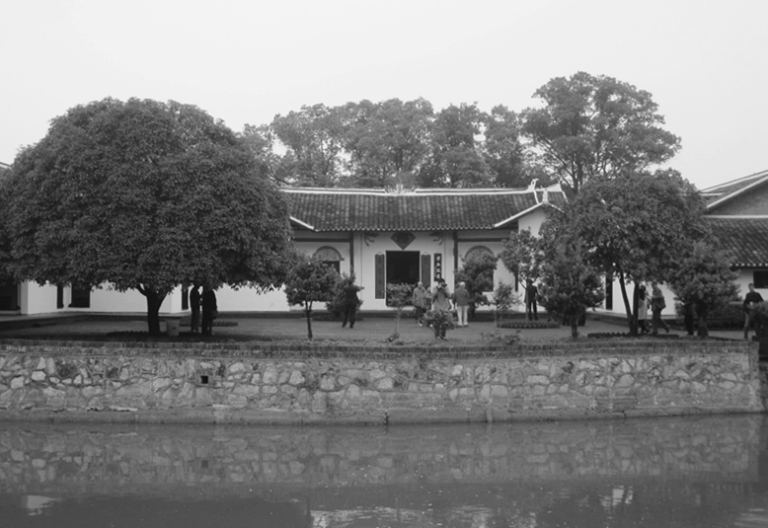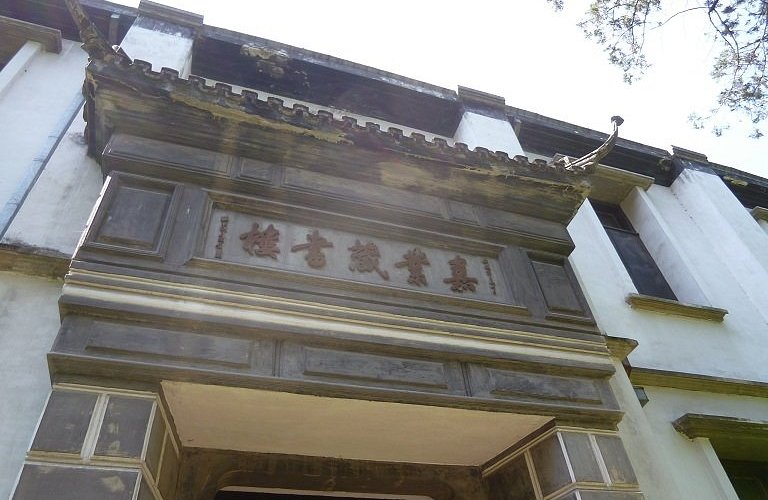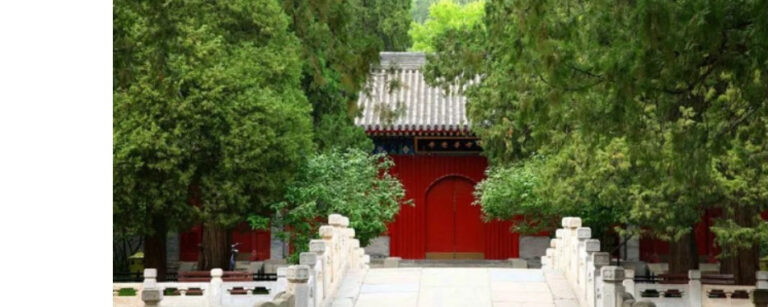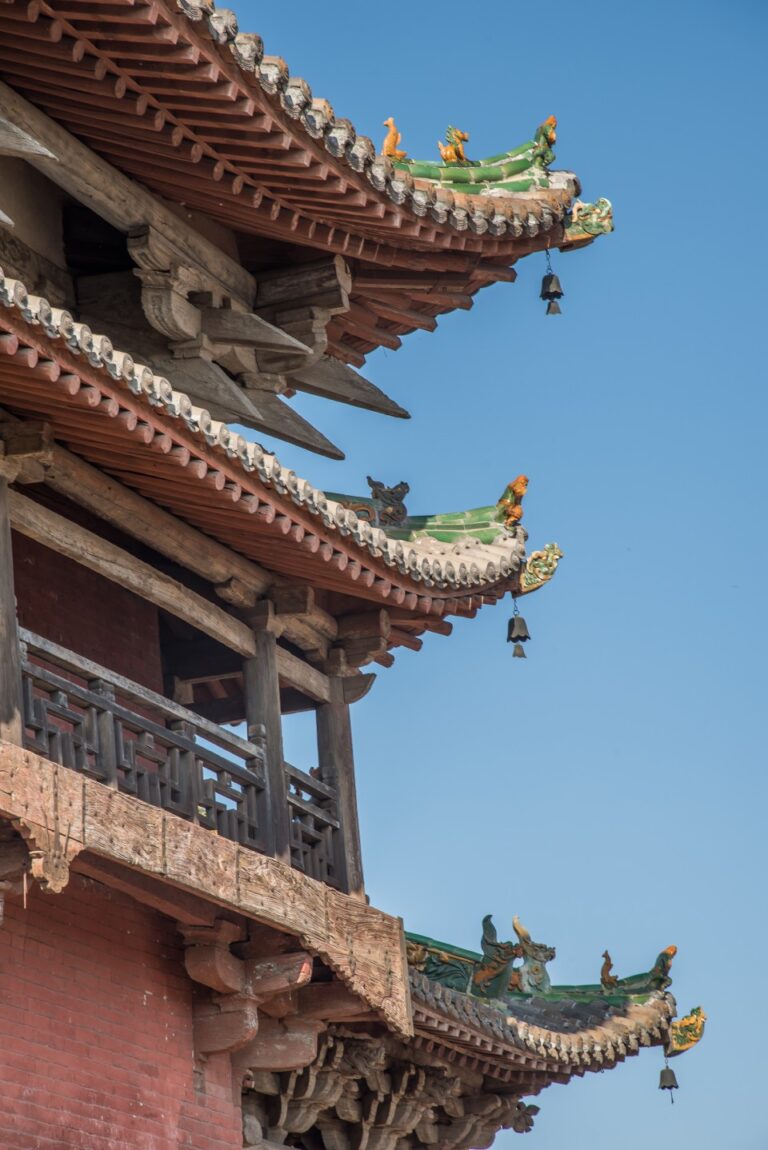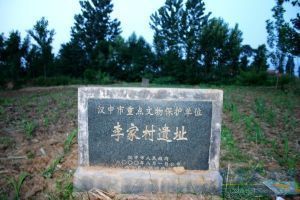Yibin Wuliangye Laojiaochi Yizhi: Unveiling the Secrets of China’s Famous Liquor
An Essential Guide to Visiting Yibin Wuliangye Laojiaochi Yizhi
In This Guide
- An Essential Guide to Visiting Yibin Wuliangye Laojiaochi Yizhi
- The Rich History of Yibin Wuliangye Laojiaochi Yizhi
- Main Highlights: What to See at Yibin Wuliangye Laojiaochi Yizhi
- Planning Your Visit: A Practical Guide
- Tickets, Hours, and Booking
- How to Get There
- Local Cuisine and Accommodation
- Frequently Asked Questions
- Final Thoughts on Your Trip
Nestled in the heart of Yibin, the Wuliangye Laojiaochi Yizhi (五粮液老窖池遗址) site offers an enchanting glimpse into the ancient art of Chinese baijiu (白酒) production. This historical treasure is not just a testament to the rich heritage of Chinese distilling techniques but also a significant cultural landmark that reflects the intricate relationship between tradition and modernity. The site is home to the remnants of ancient fermentation pits that date back to the Ming Dynasty, where the renowned Wuliangye liquor was born, revered for its complex flavors and esteemed status among spirits.
Visiting Wuliangye Laojiaochi Yizhi is akin to embarking on a journey through time. As you stroll through the grounds, you’ll witness the meticulous craftsmanship and age-old practices that have been preserved through generations. The air is infused with an aroma of history, punctuated by the nostalgic sights of traditional pottery and brewing installations. This site not only celebrates the artistry of liquor-making but also serves as a cultural hub, offering insights into the local customs and community spirit of Yibin.
Beyond its historical significance, the Wuliangye Laojiaochi Yizhi is a vital part of Yibin’s identity, often referred to as the “Liquor Capital of China.” As you explore this unique destination, you’ll gain an understanding of how baijiu is more than just a beverage; it is a symbol of celebration, hospitality, and togetherness within Chinese culture. Whether you are a connoisseur of fine spirits or a curious traveler eager to delve into ancient traditions, the Wuliangye Laojiaochi Yizhi promises an unforgettable experience that encapsulates the essence of Yibin’s rich cultural tapestry.
The Rich History of Yibin Wuliangye Laojiaochi Yizhi
The Yibin Wuliangye Laojiaochi Yizhi, or the Wuliangye Old Distillery Site, is a significant historical landmark located in Yibin, Sichuan Province, China, renowned for its deep-rooted connection to one of the nation’s most celebrated liquor brands: Wuliangye. The history of this site reflects the evolution of liquor production in China, intertwining local traditions, innovative techniques, and cultural heritage.
The origins of Wuliangye can be traced back to the Tang Dynasty (618-907 AD), when the region known as “Rongzhou” was recognized for its brewing practices. Poets like Du Fu celebrated the quality of local wines in their verses, showcasing an early appreciation for Yibin’s unique beverages. By the Song Dynasty (960-1279 AD), the local brewing techniques had evolved, with notable figures such as Yao Junyu developing a unique recipe known as “Yaozi Xuequ,” which utilized five types of grains, laying the groundwork for what would become Wuliangye.
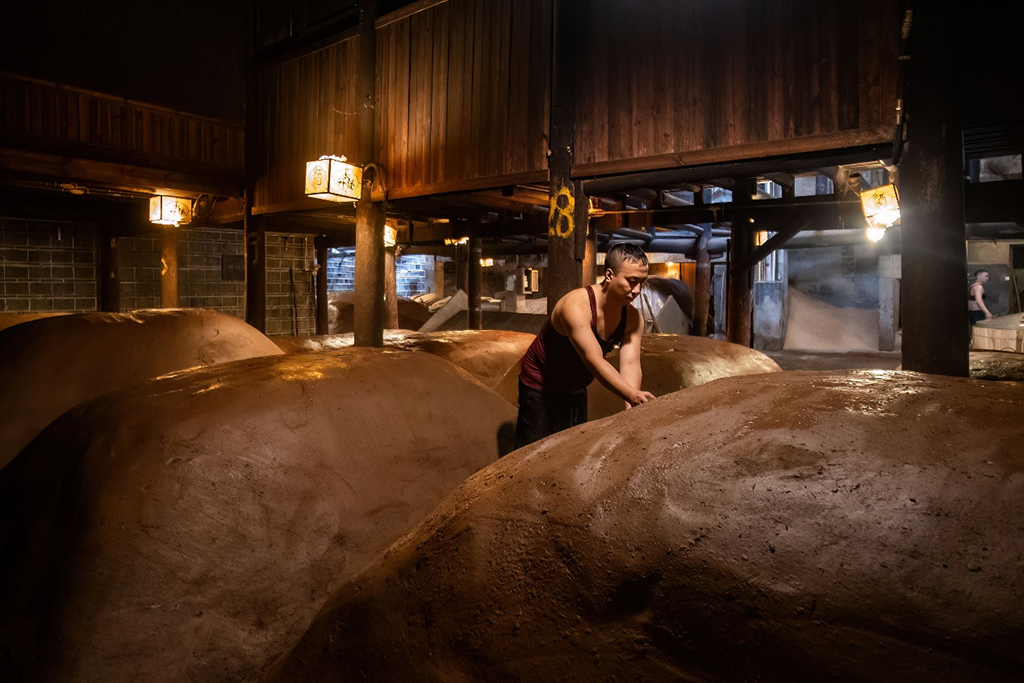
Yibin Wuliangye Laojiaochi Yizhi.
The Ming Dynasty (1368-1644 AD) marked a pivotal moment in the distilling tradition with the establishment of the “Wende Feng” distillery in 1368. This distillery adopted a secret recipe that combined various grains, including glutinous rice, barley, and wheat, forming the basis of the Wuliangye formula. The ancient fermentation pits from this period, now preserved as a cultural heritage site, are still in use, maintaining the unique microbial environment essential for the traditional brewing process.
In 1909, the name “Wuliangye” was officially coined by a local merchant, Yang Huiquan, who, after tasting the locally produced liquor, proclaimed its excellence and suggested the name, which translates to “Five-Grain Liquid.” This renaming aligned with the product’s identity as a premium liquor made from five grains, further enhancing its reputation. The liquor gained national prominence during the Republic of China era, especially under the guidance of Deng Zijun, who refined the brewing techniques and helped the brand secure its first major awards at international expos.
The establishment of the state-owned Yibin Wuliangye Distillery in 1952 marked a new chapter in its history. The merger of various local distilleries under this banner allowed for the standardization of production techniques and the establishment of modern brewing practices. By 1963, Wuliangye was honored as a “Chinese Famous Liquor,” a designation it would repeatedly achieve in subsequent decades, solidifying its status in the domestic and international markets.
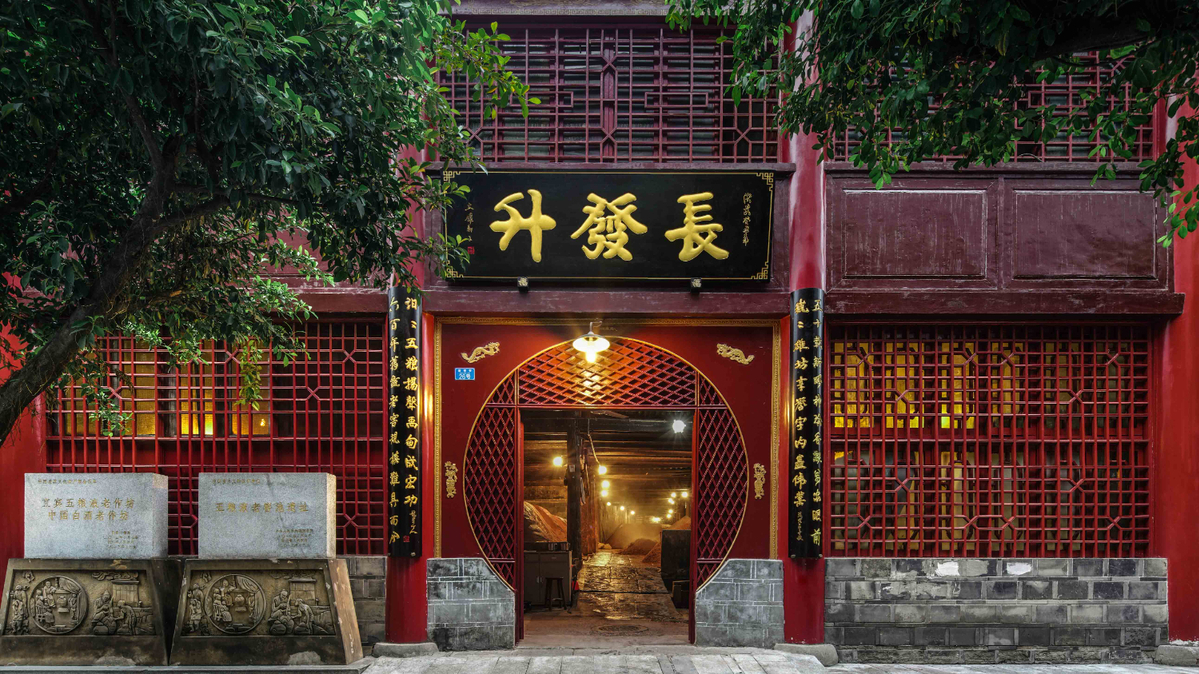
Yibin Wuliangye Laojiaochi Yizhi.
The site itself, with its ancient fermentation pits and traditional distillation methods, serves as a living museum of Chinese liquor culture, showcasing the intricate craftsmanship involved in producing one of the world’s finest spirits. Today, the Wuliangye Old Distillery Site is not only a testament to the region’s historical significance in liquor production but also a vital part of Yibin’s cultural identity, drawing visitors eager to explore the rich tapestry of traditions that have shaped this renowned beverage.
Main Highlights: What to See at Yibin Wuliangye Laojiaochi Yizhi
The Yibin Wuliangye Laojiaochi Yizhi (五粮液老窖池遗址) is an essential destination for anyone interested in Chinese culture, history, and the art of liquor production. This site offers a unique glimpse into the storied past of one of China’s most famous liquor brands, Wuliangye, which literally translates to “five grains liquor.”
Visitors to the site can explore the ancient fermentation pits, known as “jiu qu,” where the fermentation of grains—namely sorghum, rice, glutinous rice, wheat, and corn—takes place. These pits are not only a testament to traditional Chinese brewing techniques but also represent a fusion of natural resources and craftsmanship that has been honed over centuries. The site itself is steeped in history, as the distillery dates back to the Ming Dynasty, showcasing the evolution of brewing practices and the cultural importance of liquor in Chinese society.
When touring the site, guests can experience the atmospheric surroundings and learn about the intricate processes involved in making Wuliangye. There are informative displays detailing the history of the distillery, the significance of the five grains used, and the impact of Wuliangye on both local and international markets. The site also offers guided tours and tasting sessions, allowing visitors to savor the distinct flavors of one of China’s most celebrated spirits.
In addition to its historical and cultural significance, the Yibin Wuliangye Laojiaochi Yizhi is surrounded by beautiful natural landscapes, making it an ideal spot for photography and leisurely strolls. The picturesque views, combined with the rich heritage of the Wuliangye brand, create an unforgettable experience for those who visit.

Yibin Wuliangye Laojiaochi Yizhi.
Whether you’re a connoisseur of fine spirits or simply looking to immerse yourself in the local culture, the Yibin Wuliangye Laojiaochi Yizhi is a must-visit highlight in Sichuan Province.
Planning Your Visit: A Practical Guide
Visiting Yibin’s Wuliangye Laojiaochi Yizhi offers a unique glimpse into the rich heritage of Chinese liquor production, particularly the famed Wuliangye baijiu. This practical guide will help you navigate your visit, ensuring you make the most of this cultural experience.
Getting There
Yibin is well-connected by various modes of transportation:
– By Air: The nearest airport is Yibin Caiba Airport, which has domestic flights from major cities in China. From the airport, you can take a taxi or a shuttle to the city center.
– By Train: Yibin is accessible via high-speed rail from Chengdu, which takes approximately 2-3 hours. The train station is centrally located, making it easy to reach local attractions.
– By Bus: Long-distance buses also serve Yibin from nearby cities, providing an economical option for travel.
Opening Hours
- Wuliangye Laojiaochi Yizhi: The site generally opens from 9:00 AM to 5:00 PM (check local listings for any seasonal variations).
Admission Fees
- Entrance to the Wuliangye Laojiaochi Yizhi is usually free, but there may be charges for guided tours or special exhibitions. It’s advisable to check in advance or upon arrival.
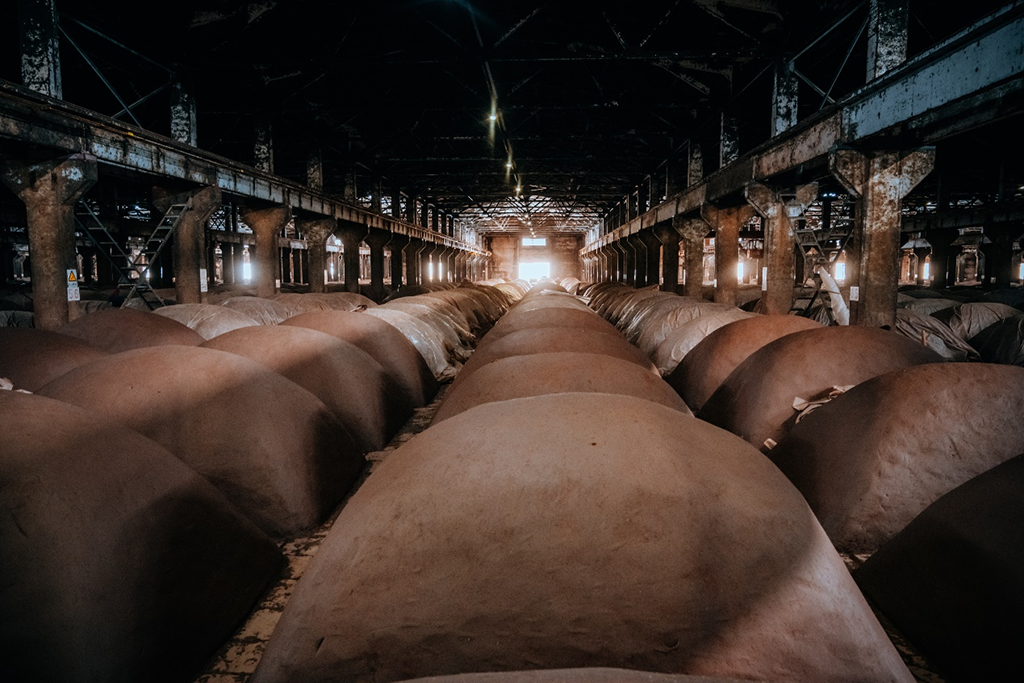
Yibin Wuliangye Laojiaochi Yizhi.
What to Expect
Wuliangye Laojiaochi Yizhi is not just a historical site but a cultural hub dedicated to the art of baijiu production. Here’s what you can look forward to:
– Historical Insights: Discover the ancient techniques of liquor brewing that date back centuries. The site features preserved pits and tools used in traditional production methods.
– Tasting Sessions: Participate in tasting sessions to sample various Wuliangye baijiu. This is a wonderful opportunity to experience the flavors and aromas unique to this famous liquor.
– Guided Tours: Opt for a guided tour for in-depth knowledge about the brewing process, the significance of the ingredients, and the evolution of baijiu in Chinese culture.
Nearby Attractions
While in Yibin, consider exploring other local attractions:
– Yibin Museum: A short distance away, the museum showcases the history and culture of the Yibin region.
– Baita Mountain Scenic Area: Enjoy hiking and breathtaking views of the surrounding landscape.
– Longjing Ancient Town: Experience traditional architecture and local cuisine just a short drive from the city center.
Local Cuisine
Yibin is famous for its unique local dishes, particularly those that pair well with baijiu:
– Yibin Fried Rice Noodles: A must-try dish that offers a taste of local flavors.
– Pickled Vegetables: These are often served as appetizers and complement the strong flavors of baijiu.
Tips for Visitors
- Language: While Mandarin is the predominant language, some staff may speak basic English. It’s helpful to learn a few key phrases in Mandarin.
- Cash vs. Card: While credit cards are accepted in many places, it’s advisable to carry cash for smaller vendors and local eateries.
- Respect the Culture: When participating in tastings, it’s customary to toast (known as “ganbei”) before taking a sip. Embrace local etiquette for a more enriching experience.
Conclusion
Visiting Wuliangye Laojiaochi Yizhi is not just about tasting baijiu; it’s an immersion into a vital part of Chinese heritage. With this guide, you’re well-equipped to explore this fascinating site and the vibrant city of Yibin. Enjoy your journey into the heart of China’s liquor culture!
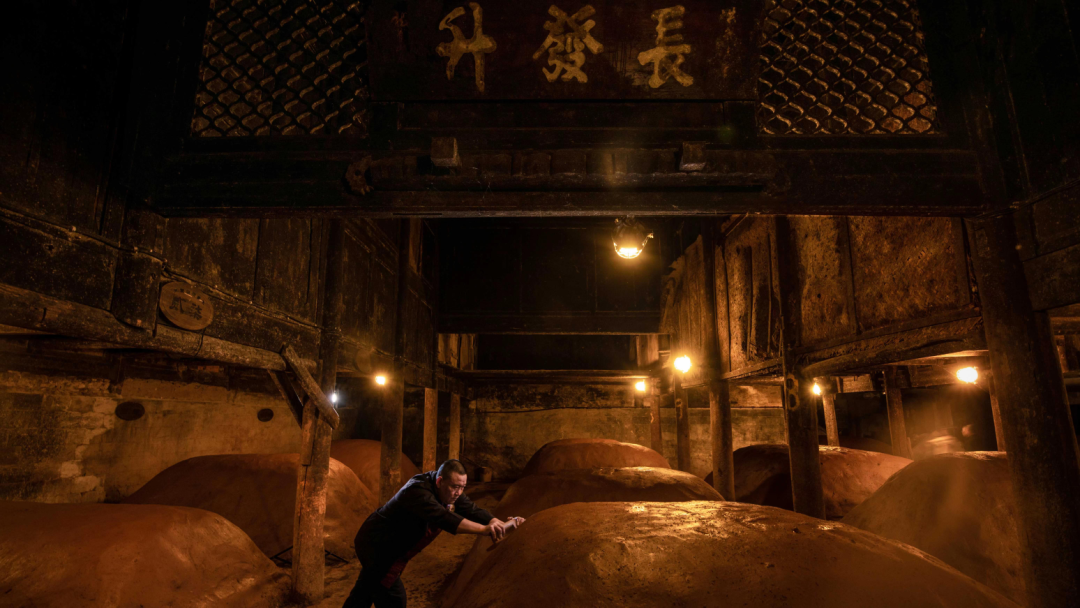
Yibin Wuliangye Laojiaochi Yizhi.
Tickets, Hours, and Booking
When planning your visit to Yibin Wuliangye Laojiaochi Yizhi, it’s essential to know about the ticketing options available for this historical site. The Wuliangye Old Distillery Site is a significant cultural heritage location, renowned for its rich history tied to one of China’s most famous liquor brands.
Ticket Information
-
Admission Fee: Entry to the Wuliangye Laojiaochi Yizhi is generally free, allowing visitors to explore the site without any financial barrier. However, special exhibitions or guided tours may incur additional costs, which are typically announced on-site or through official channels.
-
Operating Hours: The site is open to the public from 9:00 AM to 5:00 PM daily. It is advisable to arrive early to fully enjoy the area and participate in any available guided tours that can provide deeper insights into the distillation techniques and the historical significance of the location.
-
Guided Tours: For those interested in a more in-depth experience, guided tours are often available. These may require a reservation or an additional fee. Check with the official Wuliangye website or local tourism information centers for the latest details on tour availability and pricing.
-
Group Discounts: If you are visiting with a group, inquire about possible discounts for larger parties, as many tourist attractions offer reduced rates for groups.
-
Accessibility: The site is generally accessible to all visitors, but those with specific accessibility needs should contact the venue in advance to ensure suitable arrangements.
To make the most of your visit, it’s recommended to check for any special events or exhibitions that might be occurring during your stay in Yibin. Enjoy your exploration of this fascinating site, where history and culture come together in the heart of one of China’s liquor capitals!

Yibin Wuliangye Laojiaochi Yizhi.
How to Get There
Getting to Yibin Wuliangye Laojiaochi Yizhi, located in the charming city of Yibin, Sichuan Province, can be conveniently managed through various transportation options. Here’s a comprehensive guide to help you navigate your way to this historical site.
By Air
Yibin has its own airport, Yibin Caiba Airport (YBP), which is located approximately 20 kilometers from the city center. This airport offers limited domestic flights connecting Yibin to major cities like Chengdu and Shanghai. Upon arrival, you can take a taxi or use ride-hailing apps to reach your destination in the city or directly to the Wuliangye Laojiaochi site.
By Train
Yibin Railway Station is well-connected to several major cities in China, including Chengdu, Kunming, and Chongqing. High-speed trains and regular trains operate frequently, making it a viable option for travelers. Once you arrive at Yibin Railway Station, you can take a taxi or a local bus to reach the Wuliangye Laojiaochi. The distance from the railway station to the site is about 10 kilometers, which typically takes around 20-30 minutes by car.
By Bus
Long-distance buses are another popular option for reaching Yibin. The Yibin Long-Distance Bus Station serves as a hub for buses from various provinces. If you’re traveling from cities like Chengdu or Chongqing, you can catch a bus that will take you directly to Yibin. After arriving at the bus station, local taxis and buses can take you to the Wuliangye Laojiaochi, which is roughly a 15-minute drive away.
Local Transportation in Yibin
Once in Yibin, local transportation options include taxis, buses, and ride-hailing services like Didi. Taxis are readily available and can be hailed from the street or booked through apps. The public bus system is extensive and economical, with routes connecting major attractions, including the Wuliangye Laojiaochi site.

Yibin Wuliangye Laojiaochi Yizhi.
Suggested Routes
- From Yibin Railway Station: Take a taxi or bus to Wuliangye Laojiaochi. Alternatively, you can rent a bicycle or scooter to explore the city at your own pace.
- From Yibin Caiba Airport: A taxi ride directly to the site is recommended for convenience. Alternatively, check for shuttle bus services that might be available at the airport.
Accessibility
The transportation network in Yibin is quite user-friendly, making it easy for visitors to navigate. However, it is advisable to download local navigation apps or consult hotel staff for assistance in finding the best routes to the Wuliangye Laojiaochi.
With these transportation options, reaching Yibin Wuliangye Laojiaochi Yizhi is straightforward, allowing you to enjoy the rich cultural heritage and stunning landscapes of this beautiful region.
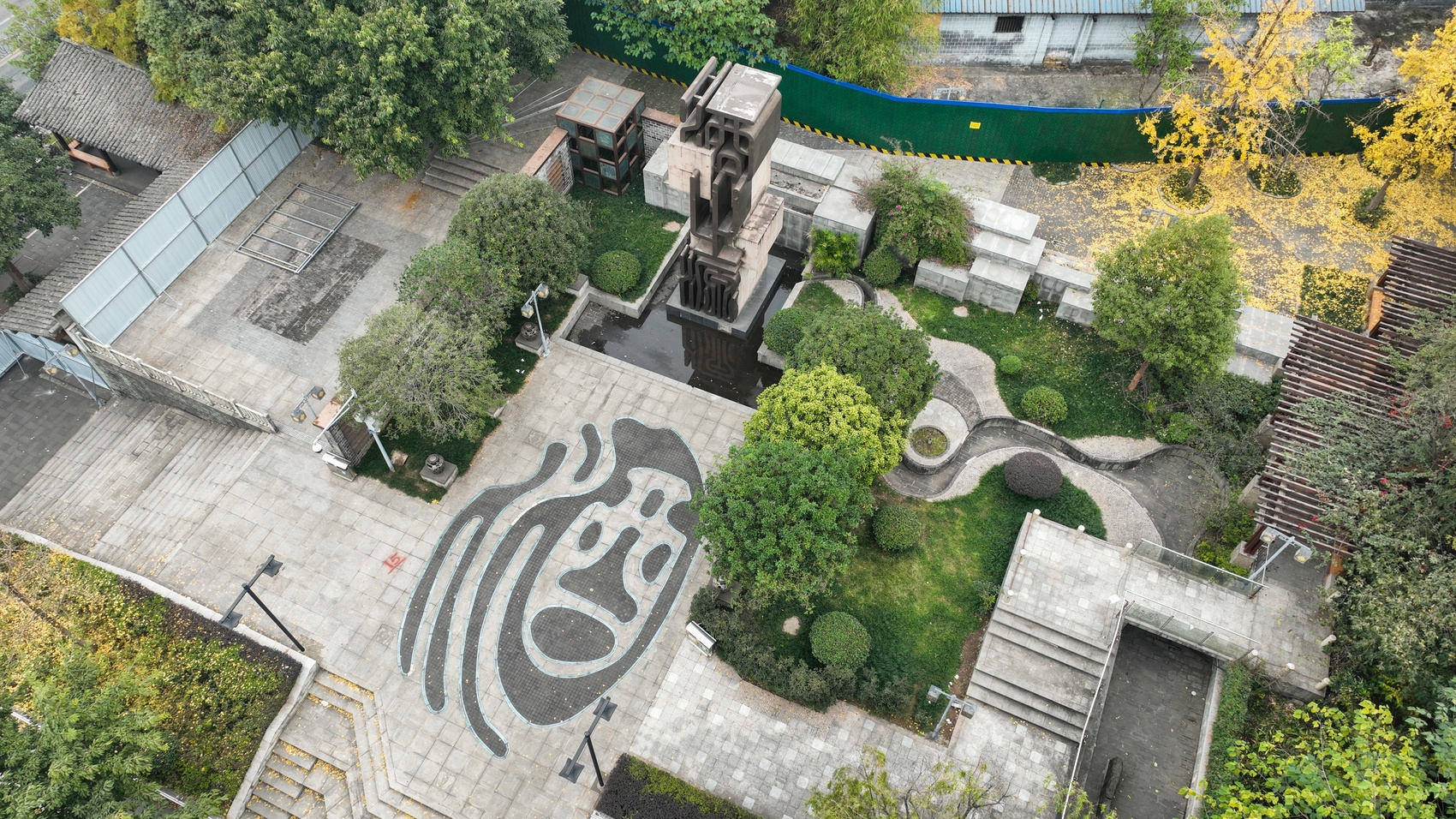
Yibin Wuliangye Laojiaochi Yizhi.
Local Cuisine and Accommodation
When exploring the historical and cultural gems of Yibin, particularly the renowned Wuliangye Laojiaochi Yizhi, you’ll want to ensure your culinary and accommodation experiences are just as memorable as your sightseeing adventures. Here’s a guide to some of the best dining and lodging options in the area.
Culinary Delights
Yibin is famous for its rich culinary tradition, heavily influenced by Sichuan cuisine, known for its bold flavors and spicy dishes. Here are some must-try local delicacies and restaurants:
-
Wuliangye Distillery Restaurant: Located within the Wuliangye Distillery, this restaurant offers a unique experience to taste dishes paired with the famous Wuliangye liquor. The menu features traditional Sichuan dishes such as Mapo Tofu and Kung Pao Chicken, perfectly complemented by various local spirits.
-
Chuan Cuisine at Longteng Restaurant: Situated near the city center, Longteng specializes in authentic Sichuan dishes. The Spicy Hot Pot here is a favorite among locals and tourists alike, offering a variety of fresh ingredients to cook at your table.
-
Street Food at Changjiang Yinyue Street: For a more casual dining experience, the vibrant Changjiang Yinyue Street is a must-visit. Here, you can sample local snacks such as Yibin Rice Noodles, Grilled Fish, and Sweet Potato Balls while soaking in the lively atmosphere of this cultural hub.
-
Tea Houses: Don’t miss the chance to experience traditional Chinese tea culture. Tea houses throughout Yibin serve a variety of local teas, including the famed Yibin Green Tea. Pair your tea with local treats like Bamboo Rice or Sesame Cakes for a delightful afternoon.
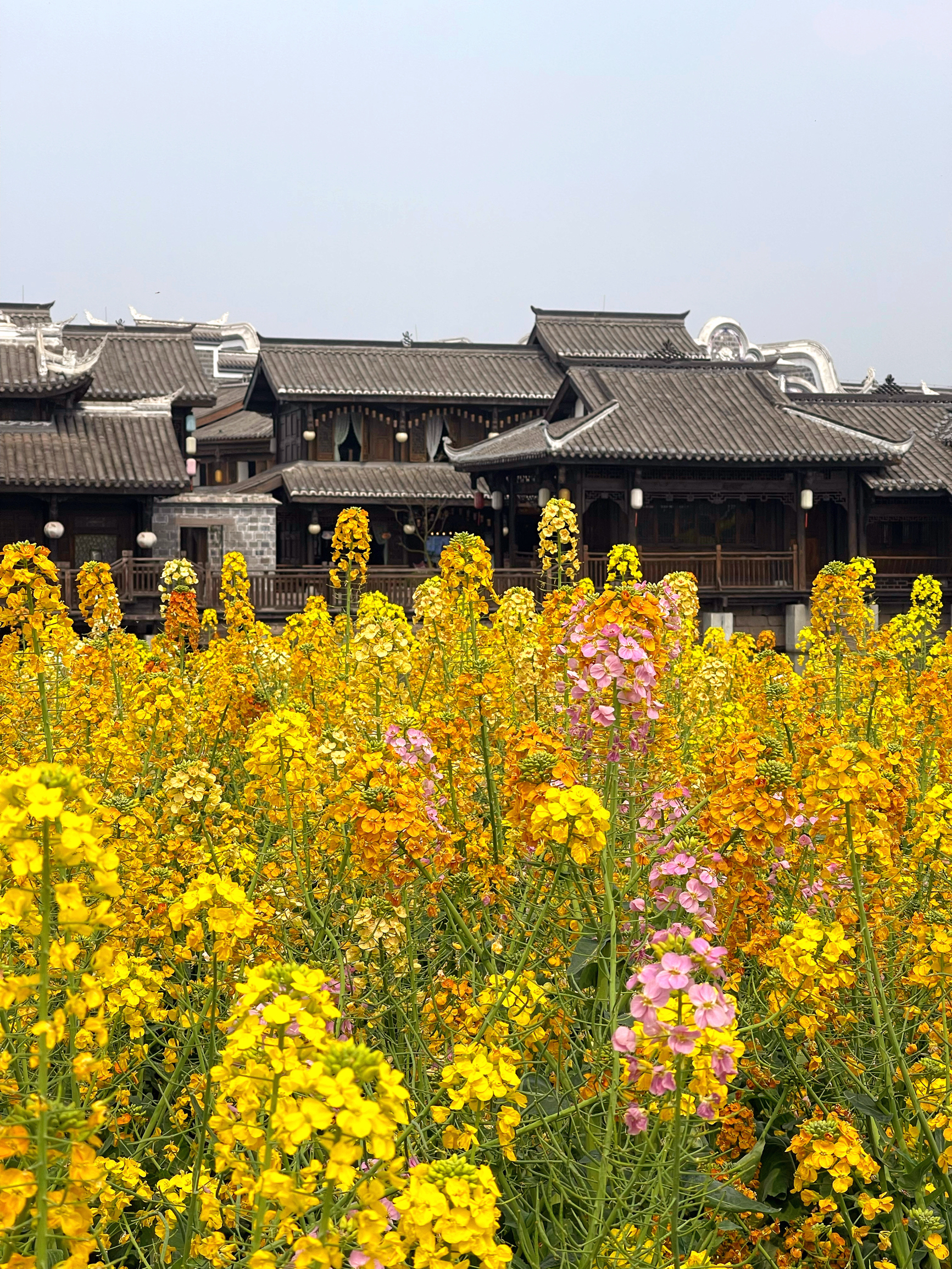
Yibin Wuliangye Laojiaochi Yizhi.
Places to Stay
After a day of sightseeing and indulging in delicious food, finding the right accommodation is key to a restful night. Here are some recommendations:
-
Crowne Plaza Yibin: This upscale hotel offers modern amenities and comfortable rooms, making it an excellent choice for travelers who enjoy luxury. Located conveniently near the city center and key attractions, it also features a restaurant that serves both local and international cuisine.
-
Yibin International Hotel: A great mid-range option that provides spacious rooms and friendly service. This hotel is close to several tourist spots and offers a complimentary breakfast featuring local dishes.
-
Hanting Express Hotel: For budget travelers, Hanting Express offers clean and comfortable rooms at an affordable price. It’s conveniently located near public transport and is a short distance from the Wuliangye Distillery.
-
Boutique Guesthouses: For a more intimate and local experience, consider staying at one of Yibin’s boutique guesthouses. These often feature traditional architecture and provide personalized hospitality, allowing guests to immerse themselves in local culture.
Whether you’re savoring the unique flavors of Yibin or enjoying a restful night at one of its welcoming accommodations, this city offers a blend of experiences that cater to every traveler’s needs.
Frequently Asked Questions
Frequently Asked Questions
1. What is Yibin Wuliangye Laojiaochi Yizhi?
Yibin Wuliangye Laojiaochi Yizhi is the historical site of the ancient fermentation pits used to produce Wuliangye, one of China’s most famous liquors. Located in Yibin, Sichuan Province, this site showcases the traditional brewing techniques and rich heritage of this renowned spirit.
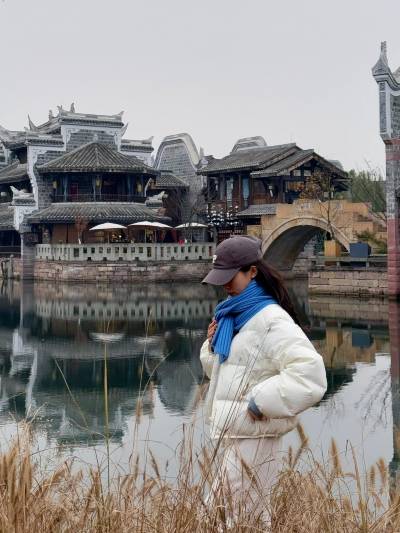
Yibin Wuliangye Laojiaochi Yizhi.
2. How can I get to Yibin Wuliangye Laojiaochi Yizhi?
The site is accessible by public transport or taxi from Yibin city center. Visitors can also consider renting a car for more flexibility. It’s advisable to check local transport schedules for convenience.
3. What are the opening hours?
Yibin Wuliangye Laojiaochi Yizhi typically opens from 9:00 AM to 5:00 PM. It’s recommended to check the official website or contact local tourism information for any updates or holiday hours.
4. Is there an entrance fee?
Yes, there may be an entrance fee to access the site. Prices can vary based on whether you choose to join a guided tour or explore independently. Always check ahead for the latest pricing information.
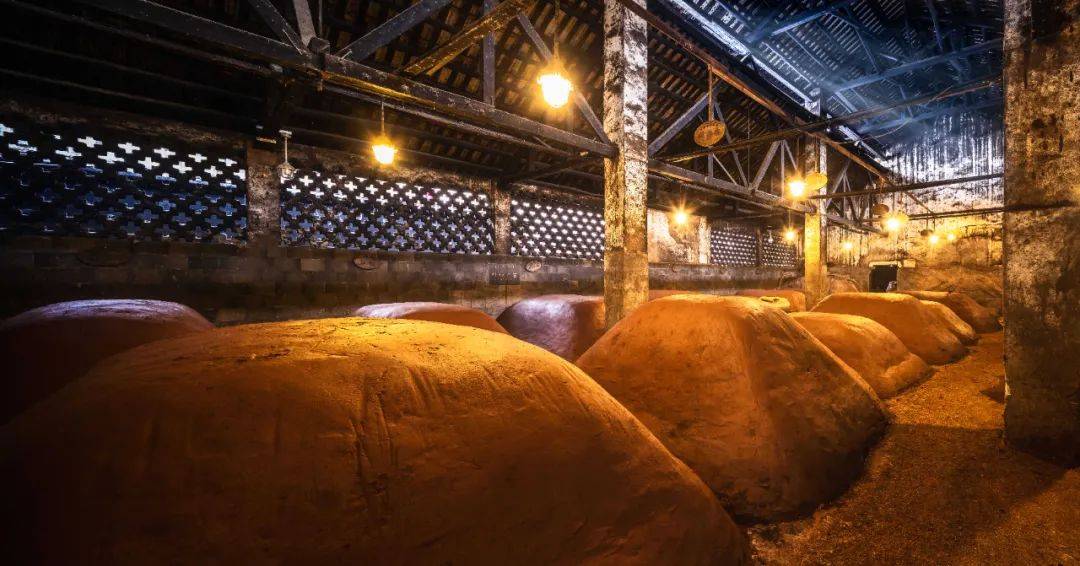
Yibin Wuliangye Laojiaochi Yizhi.
5. Are guided tours available?
Yes, guided tours are often available and can enhance your understanding of the historical significance and brewing processes of Wuliangye. It’s advisable to book in advance, especially during peak tourist seasons.
6. What other attractions are nearby?
Yibin is rich in cultural and historical sites. Nearby attractions include the Yibin Museum, the China Wine Culture Museum, and the scenic Cuiping Mountain. Combining these visits can make for a fulfilling day of exploration.
7. Can I buy Wuliangye liquor at the site?
Yes, visitors can typically purchase Wuliangye liquor and related products at the site or in nearby shops. This is a great opportunity to take home a taste of Yibin’s famous spirits.
8. What should I wear when visiting?
Comfortable walking shoes are recommended as you may be exploring outdoor areas. Given that the site might involve some walking and uneven terrain, weather-appropriate clothing is also advisable.
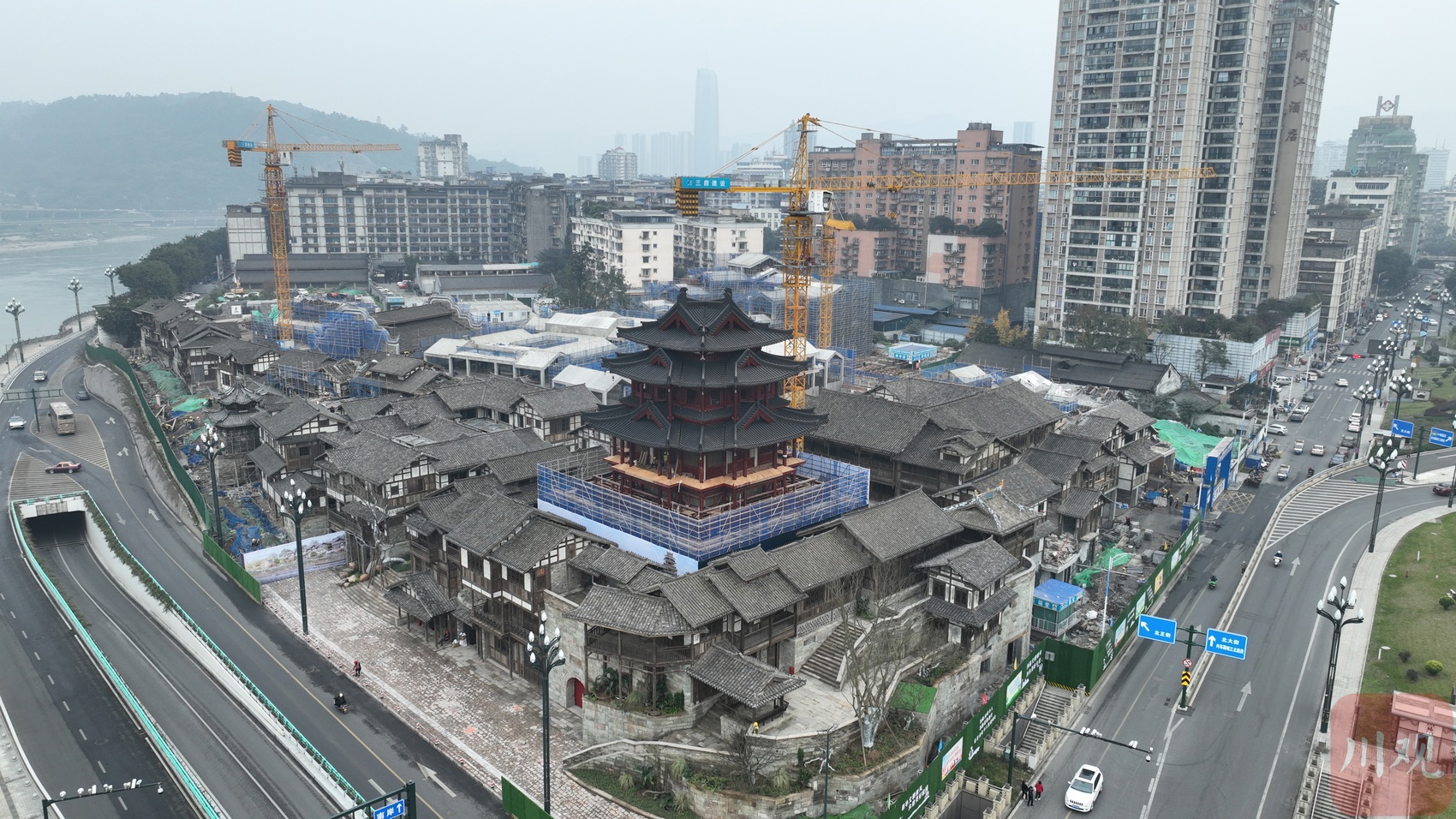
Yibin Wuliangye Laojiaochi Yizhi.
Final Thoughts on Your Trip
Visiting the Yibin Wuliangye Laojiaochi Yizhi is not just a journey into the heart of China’s famed liquor culture; it is an exploration of history, tradition, and the artistry of craftsmanship. The ancient distilling pits stand as a testament to centuries of dedication and innovation in the production of Wuliangye, one of China’s most celebrated spirits. As you walk through the remnants of these historical sites, you’ll gain a profound appreciation for the complex processes that transform humble grains into a world-renowned beverage.
Beyond the distillery itself, Yibin offers a rich tapestry of cultural experiences, from its scenic parks that celebrate the confluence of three rivers to the vibrant local markets where the spirit of the city comes alive. Embrace the opportunity to taste authentic Sichuan cuisine paired perfectly with Wuliangye, and engage with the friendly locals who are eager to share their stories and traditions.
As you conclude your visit, carry with you not just the memories of exquisite flavors and breathtaking views, but also a deeper understanding of the cultural significance of this region. Yibin is a place where time-honored traditions meet modern vibrancy, inviting every traveler to discover its hidden gems and create lasting connections. Whether you are a connoisseur of fine spirits or simply seeking an enriching travel experience, Yibin and its Wuliangye heritage promise to leave an indelible mark on your heart.
